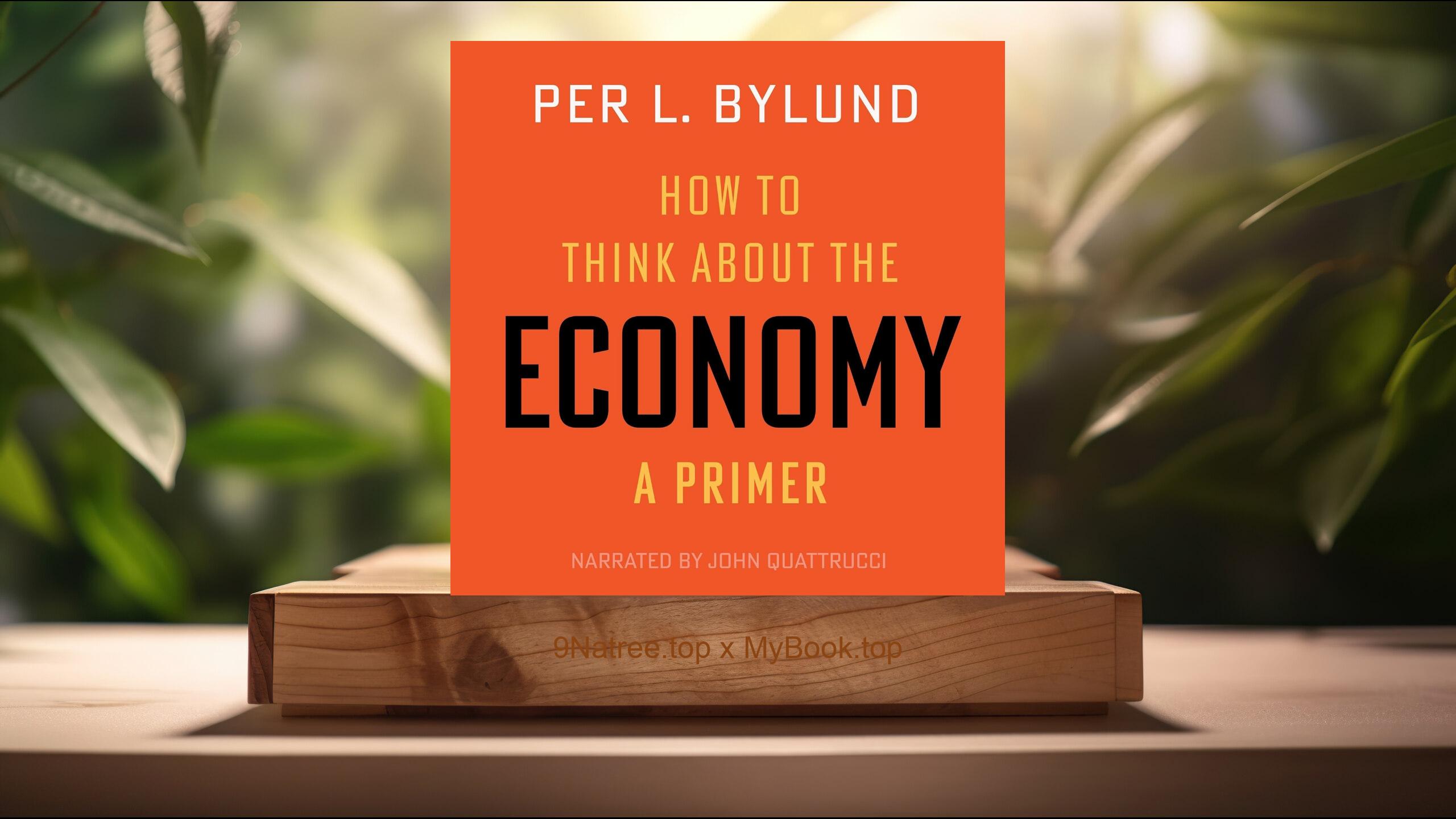Show Notes
- Amazon USA Store: https://www.amazon.com/dp/B09WGMHPWC?tag=9natree-20
- Amazon Worldwide Store: https://global.buys.trade/A-People%27s-Guide-to-Capitalism%3A-An-Introduction-to-Marxist-Economics-Hadas-Thier.html
- Apple Books: https://books.apple.com/us/audiobook/a-peoples-guide-to-capitalism-an-introduction/id1641852617?itsct=books_box_link&itscg=30200&ls=1&at=1001l3bAw&ct=9natree
- eBay: https://www.ebay.com/sch/i.html?_nkw=A+People+s+Guide+to+Capitalism+An+Introduction+to+Marxist+Economics+Hadas+Thier+&mkcid=1&mkrid=711-53200-19255-0&siteid=0&campid=5339060787&customid=9natree&toolid=10001&mkevt=1
- Read more: https://mybook.top/read/B09WGMHPWC/
#Marxisteconomics #labortheoryofvalue #capitalaccumulation #classstruggle #economiccrises #imperialism #globalinequalities #stateintervention #APeoplesGuidetoCapitalism
These are takeaways from this book.
Firstly, The Labor Theory of Value, One of the foundational concepts in Marxist economics, which Thier elucidates with striking clarity, is the labor theory of value. This principle posits that the value of a commodity is determined by the quantity of socially necessary labor time required for its production. Thier expertly guides the reader through the historical development and critical significance of this theory, illustrating its relevance in understanding income inequality and exploitation in modern capitalist societies. The implication that the value generated by workers is greater than the wages they receive serves as a cornerstone for Marxist criticism of capitalist production, highlighting the inherent discrepancy between labor and capital.
Secondly, Capital Accumulation and Class Struggle, Through an exploration of capital accumulation, Thier delves into the heart of capitalist dynamics, shedding light on how profit is generated and reinvested to produce more wealth. This process is critically analyzed with an emphasis on its implications for class struggle, underscoring the conflict between those who own the means of production (capitalists) and the workers. Thier provides nuanced explanations of how capital accumulation intensifies class disparities, leading to economic crises and social upheavals. The book portrays class struggle not as a relic of the past but as a persistent and intrinsic feature of capitalist economies, driving changes and challenging the status quo.
Thirdly, Imperialism and Global Inequalities, Thier addresses the topic of imperialism, offering a compelling analysis of its role in perpetuating global inequalities. By tracing the evolution of imperialism from the colonial era to its modern forms, the author illustrates how capitalist nations exploit developing countries, extracting resources and labor at minimal costs. This section elucidates the economic mechanisms behind imperialism and its impact on global wealth distribution, making a strong case for how Marxist economics provides a framework to understand and combat these inequalities. Thier's discussion extends to neoliberal policies and their role in exacerbating economic disparities between nations, highlighting the interconnectedness of global capitalism.
Fourthly, Crisis and the Future of Capitalism, Thier critically examines the cyclic nature of economic crises within capitalist systems, articulating how such crises are not anomalies but rather inevitable outcomes of capitalism's internal contradictions. The author explains the various factors that contribute to economic downturns, including overproduction, underconsumption, and financial speculation. This topic invites readers to consider the sustainability of capitalism and explores alternative economic models that could address its inherent flaws. Thier's analysis is both a critique of capitalism's inability to prevent crises and a call to action for exploring more equitable economic systems.
Lastly, The Role of the State in Capitalism, In dismantling the myth of the 'free market', Thier offers an insightful analysis of the state's role in facilitating and maintaining capitalist economies. Contrary to claims of minimal state intervention, the book showcases how the state actively shapes market conditions through regulations, subsidies, and bailouts to benefit the capitalist class. Thier explores the historical context and evolution of state intervention in the economy, arguing that such measures are essential to uphold the interests of capital over labor. This section highlights the intrinsic link between the state and capitalism, challenging readers to rethink notions of economic freedom and the possibilities of democratizing economic power.
![[Review] A People's Guide to Capitalism: An Introduction to Marxist Economics (Hadas Thier) Summarized](https://episodes.castos.com/660078c6833215-59505987/images/2092901/c1a-085k3-pkx4o6owsn6o-dxkqtk.jpg)




